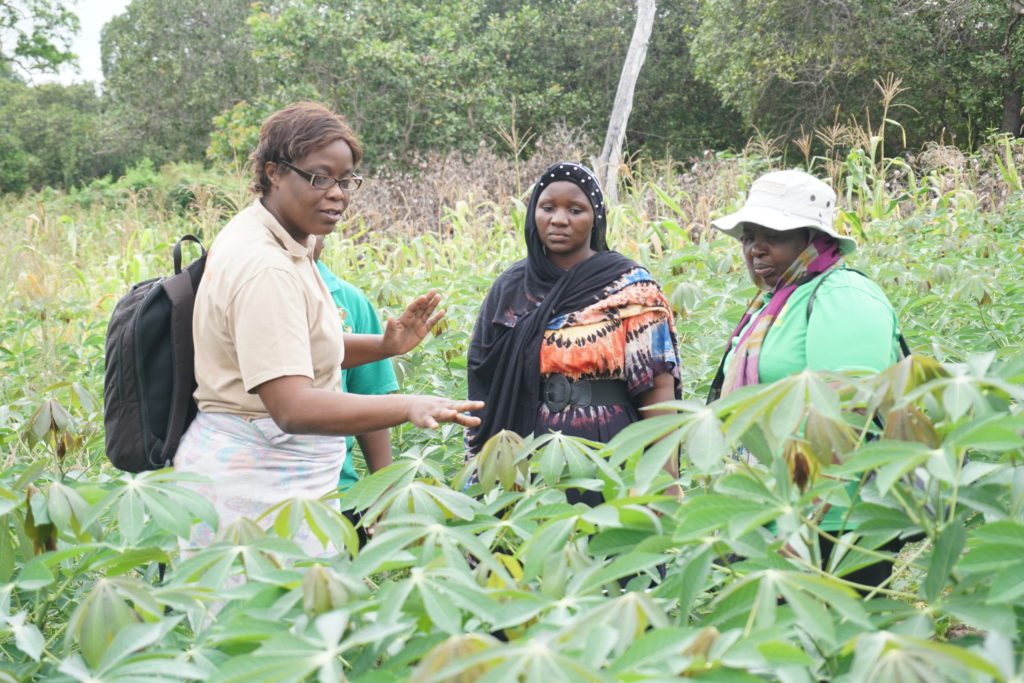IITA-CARE study says rural women farmers contribute more to Cameroon’s local economy
Findings of a recent study by the International Institute of Tropical Agriculture (IITA) in Cameroon, under the Enhancing Capacity to Apply Research Evidence (IITA-CARE) project, shows young female maize farmer-marketers pay more for farm labour than their male counterparts, contributing more to the local economy.

The study, which explored the contributions of young female grain farmers in rural Cameroon to local economy, was funded by the International Fund for Agricultural Development (IFAD).
The study says although about half a million young women and a quarter of a million young men in Cameroon were equipped with the capacity to grow food, make goods, and provide services to others, several challenges are impeding the impact of their activities. A 2014 study by the International Labour Organisation (ILO) had identified these challenges as unemployment, poverty and underemployment. This is even as agriculture is a major source of labour accounting for almost three-quarters (70%) of Cameroon’s workforce.
The research shows female rice farmer-marketers pay more than their male colleagues for labour, which means they contribute more to the local economy and get lower returns; even as male maize farmers also enjoy access to credit facility. According to the research, where farm labour goes unpaid or underpaid, fewer people can afford to purchase goods and services from others, so less money cycles through the local economy, meaning those who pay more for farm labour also contribute more to their local rural economy than those who do not.
According to Djomo Raoul, the led researcher for the IITA-CARE study, in cases where farm labour goes unpaid, fewer people can afford to purchase goods and services from others, so less money circulates through the local economy, making the women maize farmers who pay for labour more contributors to the local economy in the Far North, North and West regions of Cameroon where the study was carried out. The study also identified maize and rice production, and marketing as contributors to higher standards of living among locals, raising local food security and promoting development in rural communities.
The study’s findings indicate that the challenge of rural un- and underemployment, especially among young women, can be solved in part, if more young Cameroonians choose agribusiness entrepreneurship. Young women can also be as productive, and successful as young men, especially at producing and marketing grains like maize and rice – if policy makers can establish enabling environments through gender-positive policies.













